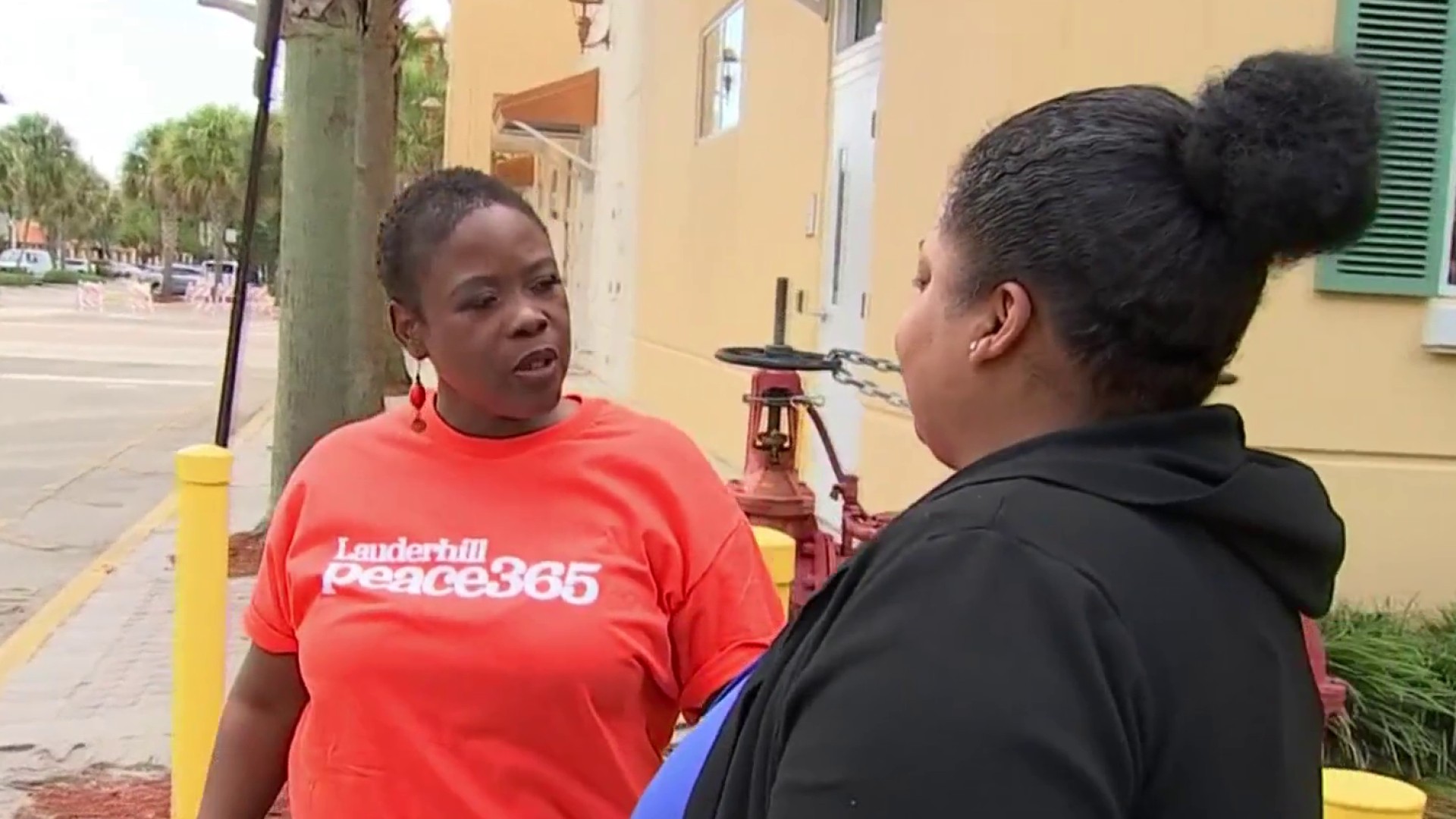The Florida Commission on Ethics rejected a $6,500 fine against a controversial South Florida political candidate. The panel voted unanimously to pursue a stiffer penalty against former state senate candidate Alex Rodriguez as commissioners described a “flat out bribe.”
Commission advocate Elizabeth Miller signed off on the rejected agreement with Rodriguez’s attorney and presented it to the commission last Friday. In the agreement, Rodriguez admitted he filed improper paperwork and accepted money from former state senator Frank Artiles to change party affiliations and run to siphon votes away from a democratic candidate with the same last name, former state senator Jose Javier Rodriguez.
“I find this to be the most egregious thing we’ve had since I’ve been on the commission,” said ethics commissioner Jim Waldman. “This was a flat out bribe.”
Alex Rodriguez received more than 6,000 votes last November. Republican Ileana Garcia defeated Democrat Jose Javier Rodriguez by 32 votes in the three-way race for senate district 37 in Miami-Dade County.
Get South Florida local news, weather forecasts and entertainment stories to your inbox. Sign up for NBC South Florida newsletters.
Rodriguez’s attorney William Barzee had no comment. Rodriguez can now try to negotiate a higher fine or have an evidentiary hearing on the case. The maximum fine for both the allegations is $20,000.
Before the vote, the chair of the commission, Joanne Leznoff, said she supported reaching a new agreement.
“We deal with some very thorny issues and the sacred trust regarding elections is paramount,” Leznoff said.
Local
A criminal case in Miami-Dade County against Rodriguez and Artiles goes to trial next month. The two have pleaded not guilty but Rodriguez is cooperating with prosecutors.
“Whatever violations Mr. Rodriguez wants to admit to before the commission is a matter between him and the commission and has no effect whatsoever on Mr. Artiles or our case in criminal court,” wrote the attorney for Artiles, Frank Quintero, when reached for comment by NBC 6. "Maybe he is being forced to admit ethical violations in order to appease the state or bolster his position in the criminal case against Mr. Artiles or both."
Elections attorney Juan Carlos “JC” Planas filed the complaint with the commission after he was hired to represent then-senator Rodriguez in the November recount. He says the commission's action cuts both ways: a punishment is needed but he worries it could get in the way of the criminal case.
“Will this create a disincentive for this individual to cooperate, which right now is one of the more important things. He is cooperating with authorities and testifying to the fact that Frank Artiles gave him money to run,” Planas said.
This action from the ethics commission took NBC 6 political analyst Carlos Curbelo a bit by surprise.
“It is pretty rare. The commission is not known to be very aggressive. They usually just want to resolve matters and move on,” Curbelo said.
For decades, Florida campaigners have recruited third-party candidates to confuse voters and clog up competitive races. Curbelo says this could be a sign the ethics commission wants to clamp down on the practice of “ghost” or “sham” candidates.
“Whatever happened, literally cost someone an election. It influenced the result of an election. So it looks like the ethics commission wants to send a strong message against this type of activity in the future,” Curbelo said.
Several of the commission members announced before the vote that they were also former lawmakers and served with former senator Artiles but that fact would not impact their decision on the commission.
The rejected agreement required Rodriguez to pay $1,500 for filing inaccurate financial paperwork with the state and $5,000 for accepting money from Artiles to change his party identification and run for office.
In the criminal case, both the no-party Rodriguez and Artiles face several third-degree felonies including accepting and making excess campaign contributions, false swearing, and conspiracy to make or accept campaign contributions in excess of legal limits. If convicted, those charges could bring five years in prison.
Florida’s political world is watching these ethics and criminal cases because details could reveal how these schemes work and if anyone else is involved.



